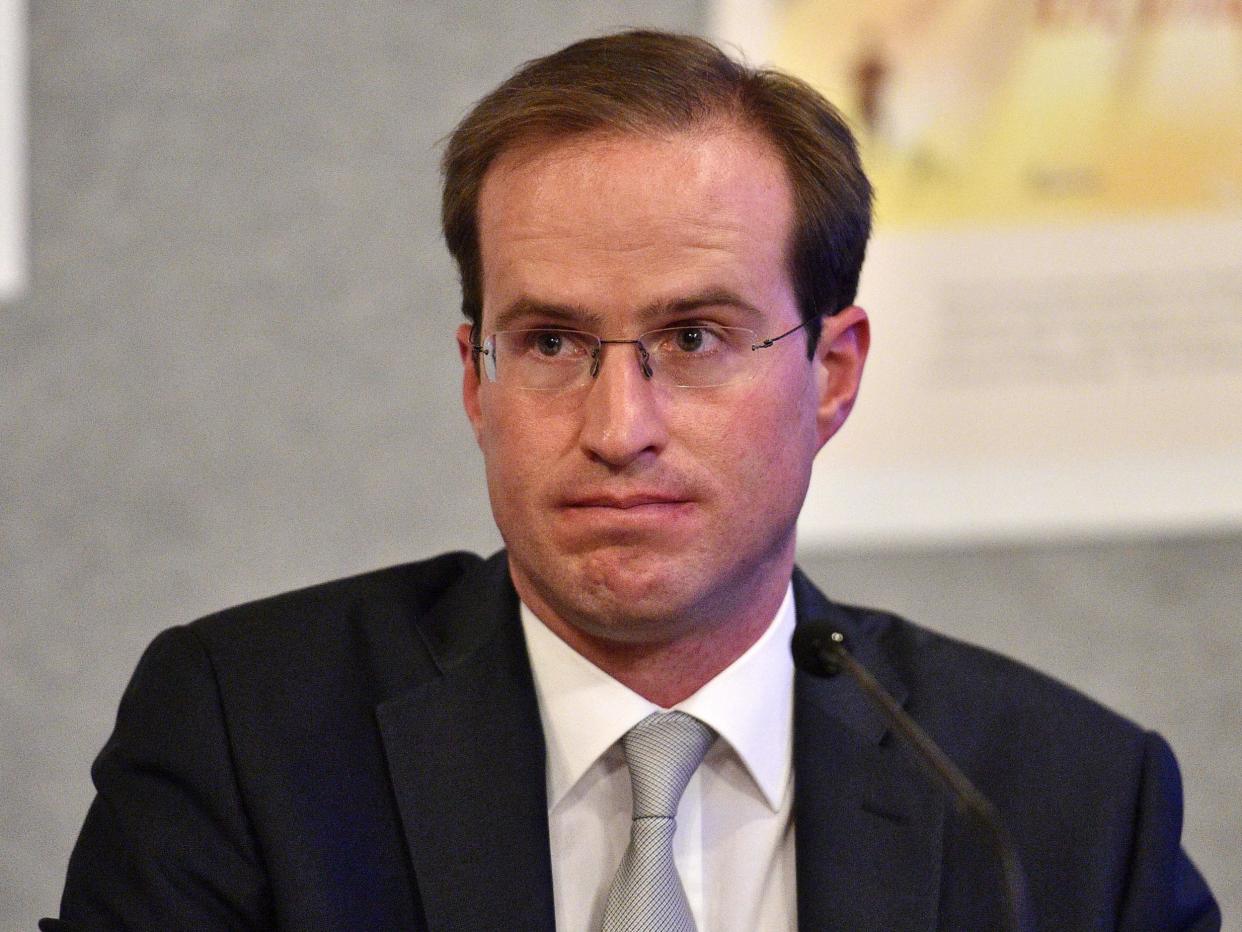A second referendum is the zombie Remain campaign's last roll of the electoral dice

As I returned to London on the morning of 24 June last year, after the official declaration of the referendum result in Manchester, it finally began to sink in: the British people really had made that momentous and historic decision to vote to Leave the European Union.
It was a once-in-a-generation decision, coming 41 years after the last chance the British people had been given to register their view on the (then nascent) European project in 1975 – before I was even born.
Indeed, you have to be aged over 60 today to have been able to cast a ballot in that first referendum on our relationship with Europe – a reminder that the vote on 23 June 2016 was arguably the real second referendum. And the decision to Leave was not one that the British people took lightly. With many voting for the first time in years – and some for the first time ever – the Vote Leave campaign secured the biggest ever mandate in British electoral history, with 17,410,742 backing our proposition that it was time to take back control of our laws, money, borders and trade policy.
But just before the UK slips out the Brussels door, the zombie Remain campaign has come back seeking one last roll of the electoral dice. They are calling for a second referendum, on the final Brexit deal, or as the Liberal Democrats sanctimoniously put it, “a first referendum on the facts”.
Let’s be clear: whatever their high-sounding motives, this is nothing more than a shoddy plot to reverse Brexit, the majority decision of the people of Great Britain and Northern Ireland in a free and fair vote.
As we now progress to the all-important second phase of the Brexit negotiations, the promise of another referendum at the end of the process would incentivise the EU to give us as punitive a deal as possible, if the option of returning to the status quo were on the table. Given that we know how much Brussels laments and fears the departure of its second biggest net contributor, this belies the true motivations of those calling for another vote.
But fundamentally, the referendum was neither consultative nor advisory. Remember how the Government spent more than £9m of our money on leaflets and websites telling us why we should vote Remain? Amongst that propaganda was an important line: “This is your decision. The Government will implement what you decide.” In other words, it was make-your-mind-up time.
Yet now the refrain of some of those recalcitrant Remainers demanding another referendum is that we somehow didn’t know what we were voting for last year. They incredulously claim that coming out of the EU’s single market and customs union was not on the ballot paper. But as that infamous government propaganda stated: “If we move outside the single market we would have to negotiate a new relationship with the EU”. You don’t say! Leading figures from both Leave and Remain camps such as David Cameron, George Osborne, Michael Gove, Boris Johnson and even Nick Clegg all said in terms during the campaign that a vote to Leave would mean leaving the EU’s single market.
Likewise, escaping the shackles of the protectionist racket that is the EU’s customs union was evident throughout the campaign. The months we spent calling for the freedom to negotiate our own trade deals around the world would have been entirely academic were we not leaving the customs union, since our membership of it explicitly prevents us from doing so.
There is in fact a supreme irony in the Remain-backing cognoscenti suggesting that having failed to understand what we were voting for in last year’s referendum, the very same device is required for us to change our decision.
In the past, the EU has felt it appropriate to instruct other nations which have voted the “wrong“ way in previous referendums to vote again, as they did to Denmark over their rejection of Maastricht and then Ireland when they voted down the treaties of Nice and Lisbon.
But having made our decision to leave the EU, the British will not be bullied into changing our mind by a Brussels elite whose true ambition of a United States of Europe is becoming clearer by the week – a move which itself suggests they have learnt nothing from the increasing hostility to European integration shown at the ballot box across the EU these last couple of years.
Matthew Elliott (@matthew_elliott) was chief executive of Vote Leave and is editor-at-large of ‘BrexitCentral’

 Yahoo News
Yahoo News 
